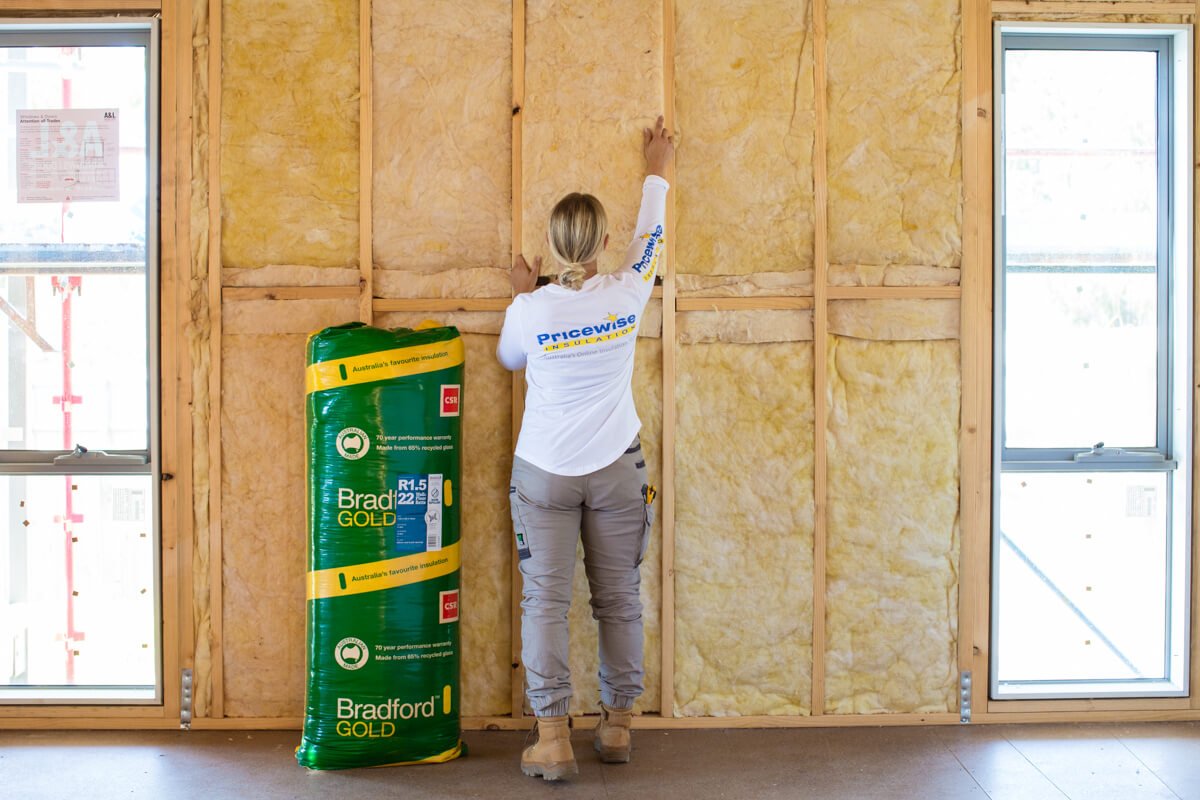Table of Contents
Choosing the right insulation is vital to maintaining a comfortable home. While there are many options for insulating your home, not all are effective. Also, every house has the type that fits it the most. So before installing any insulation for your house, you need to ensure it fits. This requires doing a thorough analysis of your energy needs and the different types of insulation in the market today.
While you can visit stellrr.com/attic-insulation-austin-tx for more insight and answers to any questions you may have about insulating your home, this article also offers some helpful tips and advice on choosing the right kind of insulation for your house. So read on.
Tips On Choosing The Right Kind Of Insulation For Your House
Consider the Type of Insulation
Before you select the insulation for your home, you must consider its installation process. This is especially important if you’re considering doing it yourself. There are different types of insulation materials, and each type has a specific way of installation. Some of them also require professional pieces of equipment for installation.
- Rolls and Batt insulation: They are easy to install, affordable, and most preferred by homeowners. They are made of mineral fibers like rock wool and are available in different widths.
- Loose fill insulation: It is usually blown into spaces with pneumatic tools; hence it requires expertise and professional know-how. It is best for homes where other types of insulation are difficult to install.
- Rigid Foam Insulation: They are more expensive than other types of insulation. However, they are effective for basement walls and other special areas like attic hatches.
With the above information, you can decide which material to choose, depending on if you’re doing it yourself or consulting a professional.
Consider The R-Value
R-value is a way to measure the insulating properties of a material. They help to determine how much heat will be lost through a wall or window frame when it’s exposed to different temperatures throughout the year. It is measured using a unit called resistance. The higher the R-value, the better the insulation is at keeping the heat in or out. However, you don’t necessarily have to go for high R-values, as there’s a recommended range for each climatic condition.
The R-value is also used in the industry to determine how effective the insulation will be. The R-value is usually found on the label.
Talk To An Expert
Although insulating your house might seem simple, it’s a complicated part of construction work. Therefore, before you start the insulation of your house, ensure you speak with an expert and get their opinion. An expert will choose an insulation material and R-value based on your location.
Construction or Insulation professionals who have been practicing the profession for a long time will know exactly which products will work for your house and which will not.
An expert can also help you save extra costs by recommending the right materials for your home and giving a cost estimate. This way, you can choose the best insulation material that satisfies your needs and falls within your budget.
Make A Decision
Even after going through all the steps mentioned above, the insulation type you’ll choose will be dependent on your budget.
So, before you make a final decision, ensure you consider the market price of all materials needed and other related expenses. It would be best if you kept in mind that some insulation materials, such as plastic foam and loose-fill, would require special equipment for the installation process. It’s up to you to choose if you’ll be buying the special equipment or paying a professional to do the installation. Of course, the latter might be the best choice.
Tips to Choose the Perfect Insulation Experts
- Ask for recommendations from friends and family
- Check online review
- Check their certifications
- Ensure an updated insurance policy covers the company
- Be clear on their price
Insulating your home is one of the best ways to make your house comfortable for living through all climatic conditions. So you need to take the entire process of selecting the right insulation method seriously. You must consider all factors and make sure you go for the best one possible.
Importantly, it is advisable not to take the DIY route when it comes to any construction work. It would be best if you kept in mind that people spend a lot of years in learning facilities and apprenticeship programs to gain the skills required to do a good job. So you surely can not compete with that.

